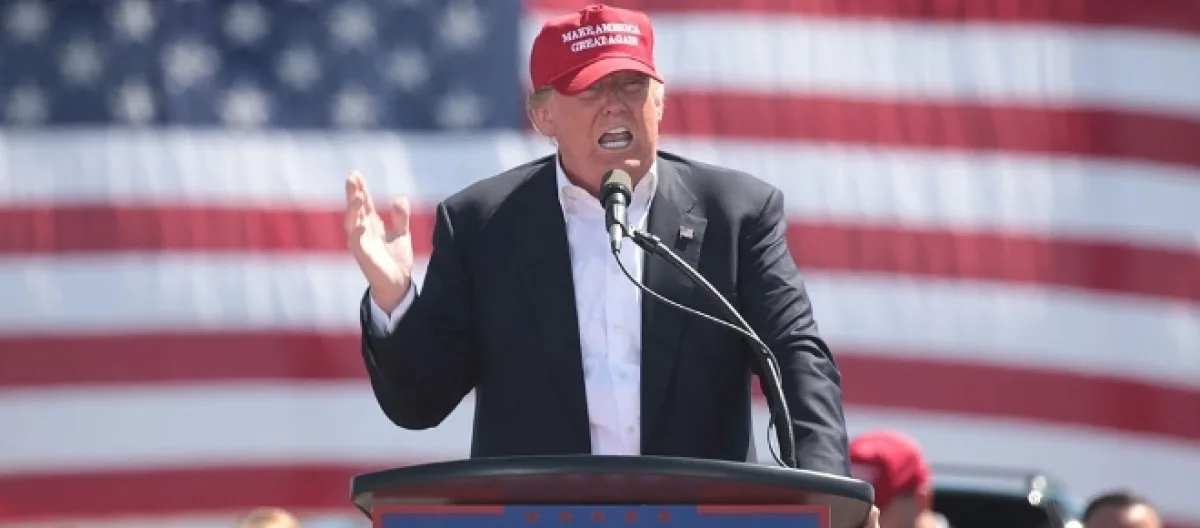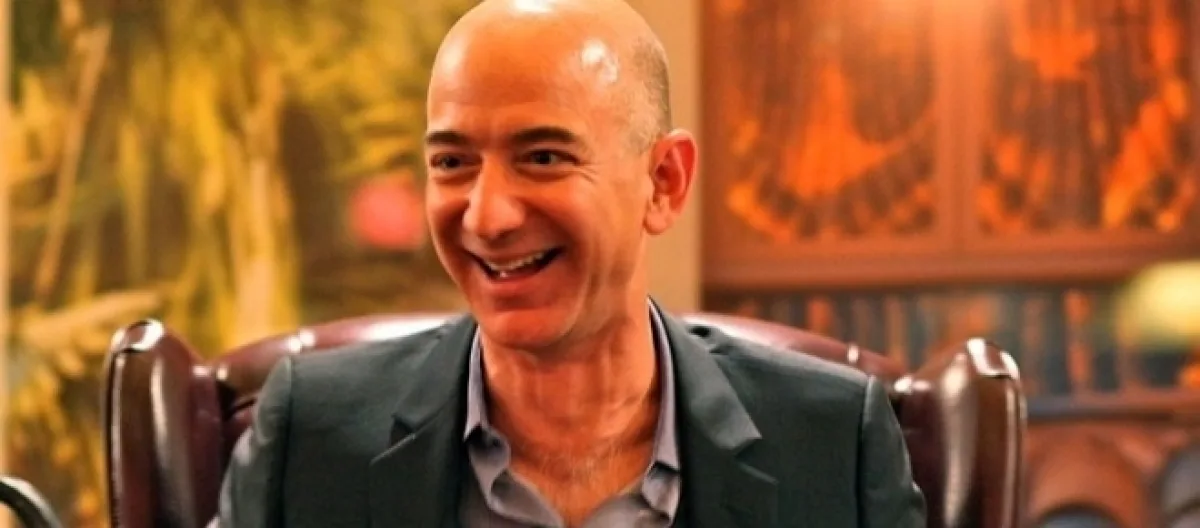Earlier today, a revised executive order was signed by President Donald Trump that blocks travel to the United States by citizens of six countries, including Libya, Iran, Somalia, Syria, Yemen, and Sudan. Iraq had been included in the original version of the executive order, signed in January, but is not included in the most recent incarnation, as reported by Reuters. The previous order effectively revoked the visas of about 60,000 people, many of whom were already in transit to the United Sates, or who had undertaken expensive preparations to do so; the latest order only applies to those seeking approval for new visas.
In addition, CNN reported on Saturday that the federal government is suspending its expedited H1-B visa program. The H1-B visa program give employees from foreign countries with in-demand skills the opportunity to be sponsored by a U.S.-based firm, and come to live and work in the United States. Currently, a paid, expedited service exists, where, after paying $1,225, companies and workers can expect to receive a response from Citizenship and Immigration Services within a 15-day period, otherwise the fee is refunded. Using the normal H1-B process, applications are said to take three to six months to complete.
Travel ban, H1-B visa program suspension
CNBC reports that about half of H1-B visas issued annually are granted to employees headed for jobs in technology fields. Firms like Infosys Limited (NYSE: INFY), and Wirepro Limited (NYSE: WIT), are said to be "under pressure" as a result of the Trump travel and H1-B visa restrictions. Even household names like Apple Inc. (Nasdaq: AAPL), Alphabet Inc. (Nasdaq: GOOG, GOOGL), and Amazon.com, Inc. (Nasdaq: AMZN), are said to employ the H1-B visa to hire workers for in-demand positions. It has been suggested that restrictions on hiring talent, particularly those that increase costs, could cause U.S. technology firms to move some operations overseas.
Critics of the H1-B process believe that it allows technology companies to pass over American workers in need of jobs.
Industry representatives have contended that there simply is not a large enough pool of available U.S. talent to meet demand. The issue is described as being a "point of contention" between the Trump administration and Silicon Valley.
Strong travel business trends stopped with first executive order
CNBC noted that 2016 was a record year for U.S. travel, despite the headwinds of a strong U.S. dollar, and that 2017 started strong, as well, until President Trump signed his first executive order. The first Trump travel ban is said to have been responsible for drop in travel, observed by many industry participants. Bookings with Kayak are said to be down 30 percent since the inauguration, and those with Hopper are said to have declined by 17 percent.
It is estimated that $185 million in bookings for Business Travel have been lost due to the Trump travel ban, equating to an 8 percent drop industry wide. For each 1 percent the industry loses in business revenue, 71,000 jobs are said to be lost. New York City, Miami, Los Angeles, San Francisco, and Dallas, are said to be among the top destinations for travelers in the United States. New York is said to be forecasting its first year-over-year decline in travel, as a result of the Trump travel ban, after eight consecutive years of gains.


